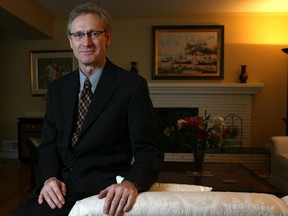We’ll Be Right Back!
Welcome to Calgary’s largest forums, marketplace, and chat. We’re giving our site a quick tune-up to serve you better. Calgary’s renowned for its vibrant energy, the Stampede, and its friendly community spirit, and we’re proud to keep you connected.
While we work behind the scenes, feel free to explore our other Calgary-focused sites:

Here’s a look back at Mayor Al Duerr (1989–2001), who guided our city during a pivotal era of growth.
Thank you for your patience! We’ll be back online soon.